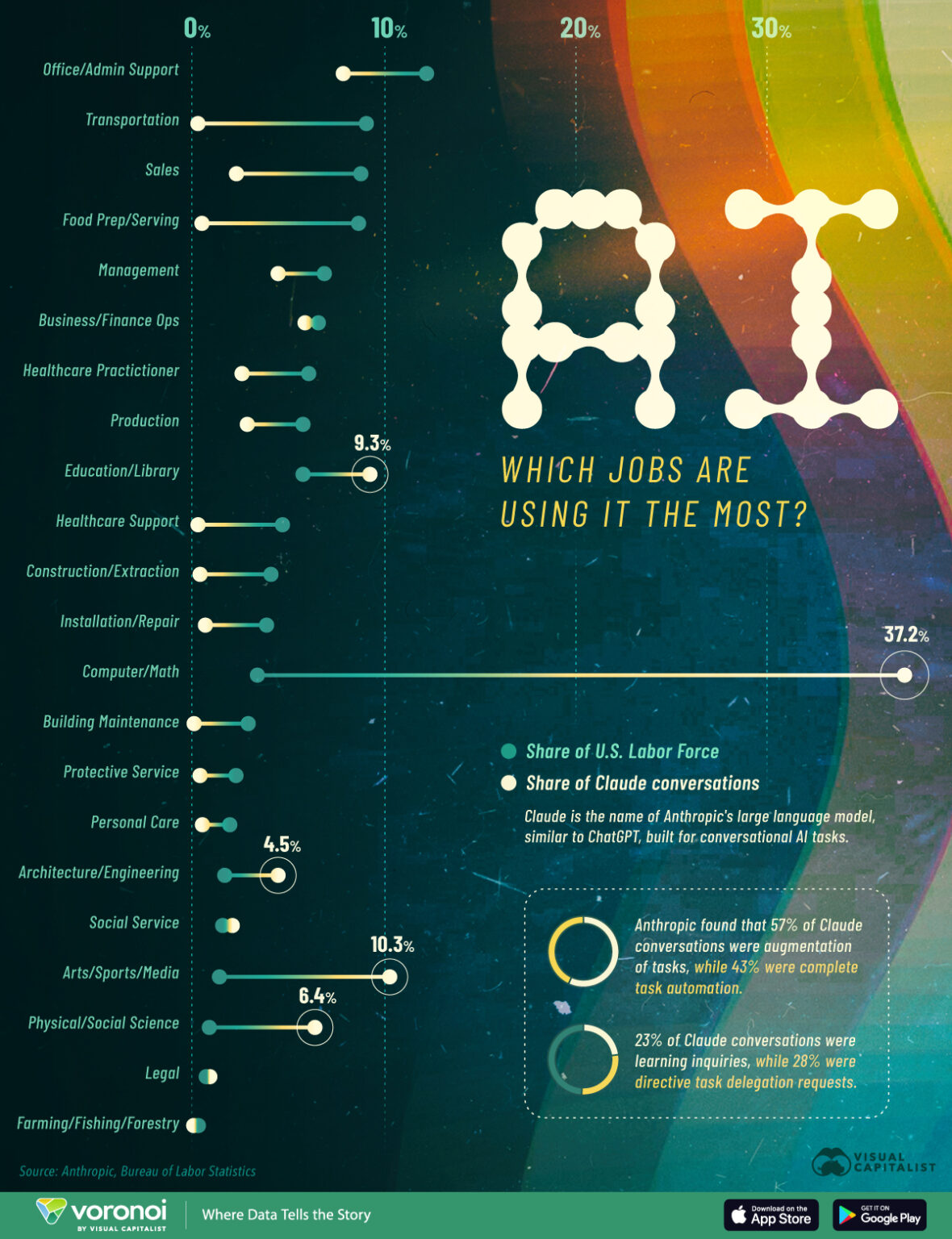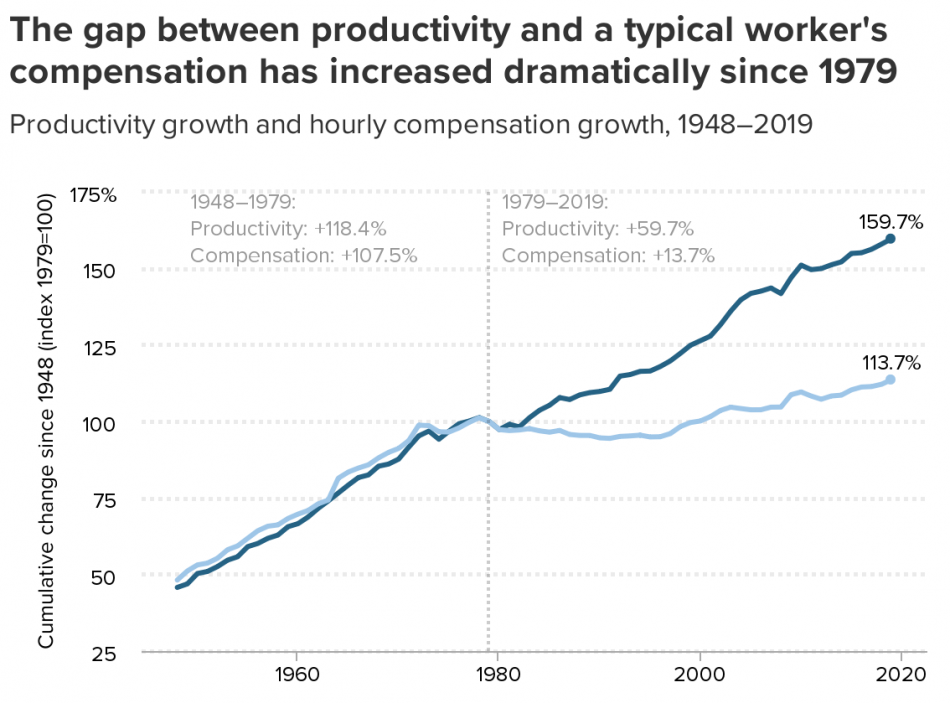I wanted to stress again that there have historically been collectivist actions that work much better in tech than unions (though the options should still be persued).
Co-ops and consulting networks are pretty common. They tend to grow around open source.
Open source, in fact, has a win rate against Big Tech that would make almost any union in another sector envious.
Every programming language that won is open.
Open operating systems (like Linux) dominates the underlying technology of the cloud, and is generally preferred by tech-savvy professionals as their main system.
Wikipedia beat Microsoft.
The game theory around how open source (a corner stone of Little Tech) keeps winning against Big Tech, I think, is simple.
As long as a particular product doesn't become a monopoly, and is still only an oligopoly, the one coming from behind can partner with the open source community to comodify the advantage of the lead player. It's a "reset", that'll give a new entrant, or a trailing competitor a new landscape.
This process ultimately doesn't create predictable "business value", but we know how valuable, in real terms, the co-op built products like Wikipedia, Linux, and every major programming language is.
These things make everyone more productive, even though, in the myopic measure of profit per worker, the "productivity" is competed out.
We know a modern software engineer, who needs far less training, gets a lot more done than PhD Mathematicians/Computer Scientists did during the punch-card days. Most of this will be unmeasured as "business value", because everyone has access to things that make people more productive in real terms.
Taking the game theory to the limit, the most anti-trust thing to do in the tech sector is to build a co-op/consulting network around open source that takes on Big Tech.
The best research is done in every field in a collegiate and open way. Software is no different.
Security through obscurity has always been a fool's errand, because the weakest links in any security system are it's people, and it has been for ages.
Do you trust any of the assholes building "AGI" now?
My claim is that any single player, or group will always end up being the worst power hungry people to be in charge of such a thing. We're far from it happening, and we see this dynamic in full force.














